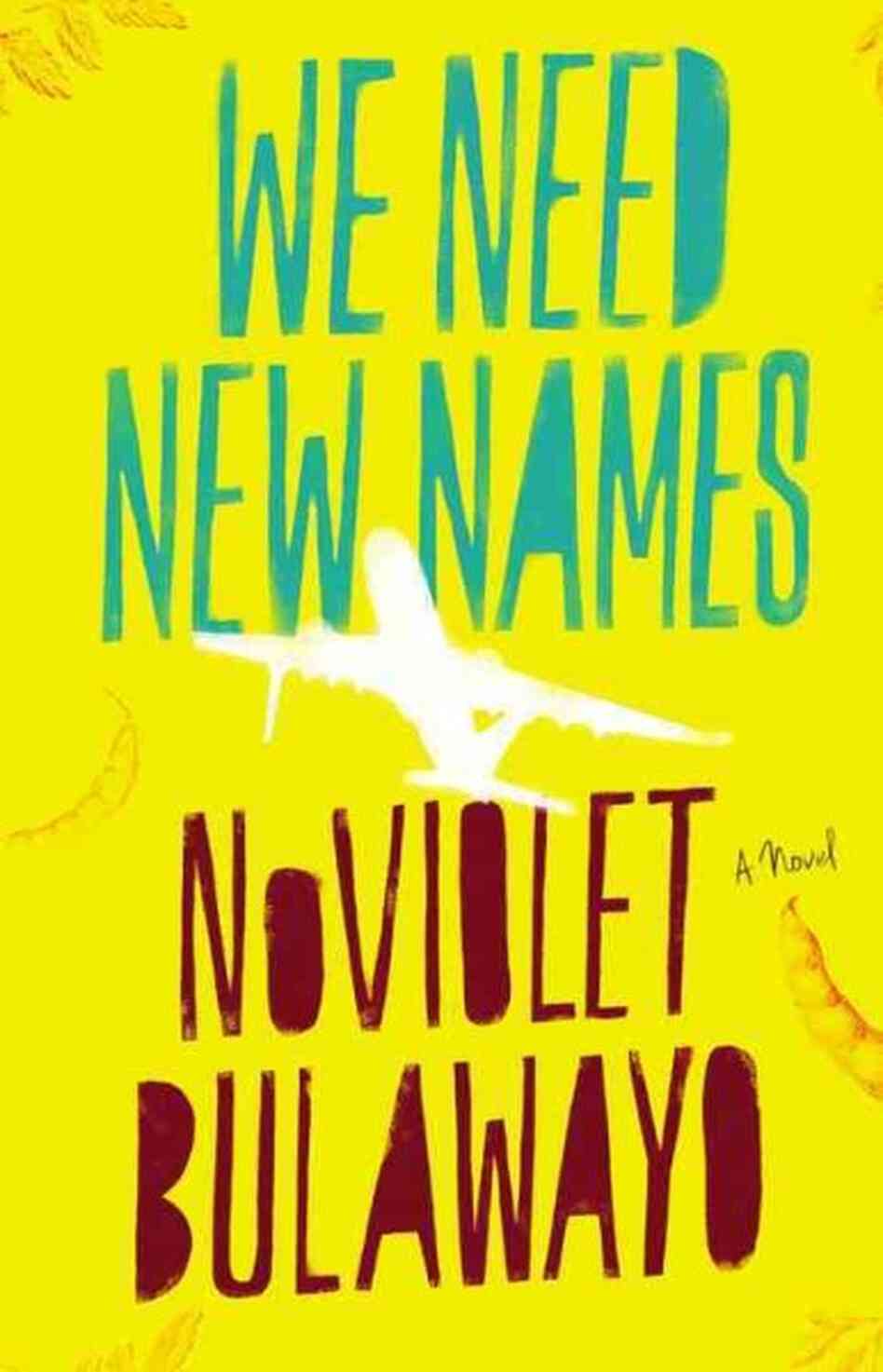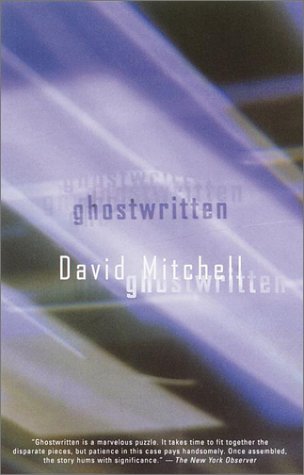Noviolet Bulawayo (Bulawayo is presently the name of Zimbabwe's second largest city) aka Elizabeth Tshele (her real name) was the surprise name in the Booker shortlist this year since she is the first Zimbabwean to be considered for the prestigious honor. I read 'We need new names' after it was longlisted since my foray into African literary landscape has been very limited so far. And this review was written before the shortlist was announced. And to be honest I didn't expect it to be included. The book starts out with a novel intention but somehow isn't able to achieve its target, which is to help the reader develop an emotional connection with her characters. Or that's what I thought. Obviously, the Booker committee thought differently. Now begins my former review:-
First published:- May 21st, 2013
Star rating:-


Books like this one have me fumbling around for the right approach to review them, because they try to cram in too much within the scope of a regular sized novel and consequently just stop short of resonating strongly with the reader.
It's like Bulawayo had a message to give me, something potent and fiercely honest enough to burn right through all my prejudices and cherished misconceptions and leave me staring right at all the cold, hard facts. But then halfway into it, her voice went off in various tangential directions in an effort to tackle too many issues at one go and lost most of its intensity.
As a result the message that she had set out to deliver, gave off the impression of poor phrasing and ended up sounding half-hearted and rather dubious.
If I try my absolute best, I can only delineate this as a search for identity, a raw account of coming to terms with the after-effects of displacement. Or an attempt at summarizing in a few hundred pages the feelings of being neither here nor there.
But then Bulawayo let me know so much more. She told me about the experiences of surviving on a few stolen guavas, walking barefoot on the burning asphalt of the dusty road and yet enjoying the smug satisfaction of playing 'Find Bin Laden'with equally destitute and miserable kids of your age. And what it feels like to flee from and forget the tattered remains of a land you were born in simply because it could not offer you the promise of a fulfilling life ahead anymore - a land torn apart by strife, ethnic violence and unstable, unsympathetic governments. The irony of silently selling away your dignity in a foreign country in exchange for a life better than what your own motherland could afford to bestow upon you. The feeling of being swept up in the vortex of too many rapidly occurring changes as an illegal immigrant and the utter hopelessness of never really belonging anywhere.
Bulawayo may not be capable of subtlety or stringing beautiful words together into lengthy sentences fraught with imagery, but she has a compelling and unique voice of her own nonetheless.
I will surely look out for her other works in the future.
**A 3.5 stars that could not be rounded off to a 4**

First published:- May 21st, 2013
Star rating:-



Books like this one have me fumbling around for the right approach to review them, because they try to cram in too much within the scope of a regular sized novel and consequently just stop short of resonating strongly with the reader.
It's like Bulawayo had a message to give me, something potent and fiercely honest enough to burn right through all my prejudices and cherished misconceptions and leave me staring right at all the cold, hard facts. But then halfway into it, her voice went off in various tangential directions in an effort to tackle too many issues at one go and lost most of its intensity.
As a result the message that she had set out to deliver, gave off the impression of poor phrasing and ended up sounding half-hearted and rather dubious.
If I try my absolute best, I can only delineate this as a search for identity, a raw account of coming to terms with the after-effects of displacement. Or an attempt at summarizing in a few hundred pages the feelings of being neither here nor there.
But then Bulawayo let me know so much more. She told me about the experiences of surviving on a few stolen guavas, walking barefoot on the burning asphalt of the dusty road and yet enjoying the smug satisfaction of playing 'Find Bin Laden'with equally destitute and miserable kids of your age. And what it feels like to flee from and forget the tattered remains of a land you were born in simply because it could not offer you the promise of a fulfilling life ahead anymore - a land torn apart by strife, ethnic violence and unstable, unsympathetic governments. The irony of silently selling away your dignity in a foreign country in exchange for a life better than what your own motherland could afford to bestow upon you. The feeling of being swept up in the vortex of too many rapidly occurring changes as an illegal immigrant and the utter hopelessness of never really belonging anywhere.
Bulawayo may not be capable of subtlety or stringing beautiful words together into lengthy sentences fraught with imagery, but she has a compelling and unique voice of her own nonetheless.
I will surely look out for her other works in the future.
**A 3.5 stars that could not be rounded off to a 4**














